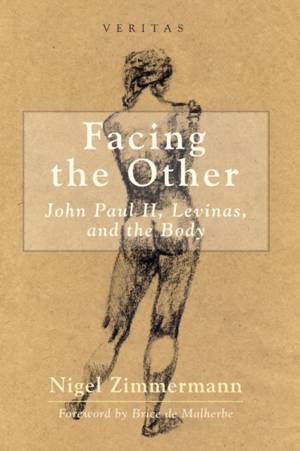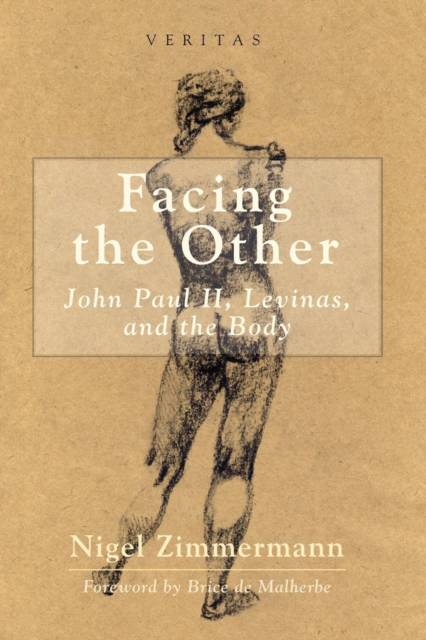
Bedankt voor het vertrouwen het afgelopen jaar! Om jou te bedanken bieden we GRATIS verzending (in België) aan op alles gedurende de hele maand januari.
- Afhalen na 1 uur in een winkel met voorraad
- Gratis thuislevering in België
- Ruim aanbod met 7 miljoen producten
Bedankt voor het vertrouwen het afgelopen jaar! Om jou te bedanken bieden we GRATIS verzending (in België) aan op alles gedurende de hele maand januari.
- Afhalen na 1 uur in een winkel met voorraad
- Gratis thuislevering in België
- Ruim aanbod met 7 miljoen producten
Zoeken
€ 46,45
+ 92 punten
Uitvoering
Omschrijving
What is the significance of the body? What might phenomenology contribute to a theological account of the body? And what is gained by prolonging the overlooked dialogue between St. John Paul II and Emmanuel Levinas? Nigel Zimmermann answers these questions through the agreements and the tensions between two of the most important thinkers of the twentieth century. John Paul II, the Polish pope, philosopher, and theologian, and Emmanuel Levinas, the French-Jewish philosopher of Lithuanian heritage, were provocative thinkers who courageously faced and challenged the assumptions of their age. Both held the human person in high regard and did their thinking with constant reference to God and to theological language. Zimmermann does not shirk from the challenges of each thinker and does not hide their differences. However, he shows how they bequeath a legacy regarding the body that we would overlook at significant ethical peril. We are called, Zimmermann argues, to face the other. In this moment God refuses a banal marginalization and our call to responsibility for the other person is issued in their disarming vulnerability. In the body, philosophy, theology, and ethics converge to call us to glory, even in the paradox of lowly suffering.
Specificaties
Betrokkenen
- Auteur(s):
- Uitgeverij:
Inhoud
- Aantal bladzijden:
- 362
- Taal:
- Engels
- Reeks:
- Reeksnummer:
- nr. 13
Eigenschappen
- Productcode (EAN):
- 9781625644022
- Verschijningsdatum:
- 24/07/2015
- Uitvoering:
- Paperback
- Formaat:
- Trade paperback (VS)
- Afmetingen:
- 152 mm x 226 mm
- Gewicht:
- 453 g

Alleen bij Standaard Boekhandel
+ 92 punten op je klantenkaart van Standaard Boekhandel
Beoordelingen
We publiceren alleen reviews die voldoen aan de voorwaarden voor reviews. Bekijk onze voorwaarden voor reviews.












